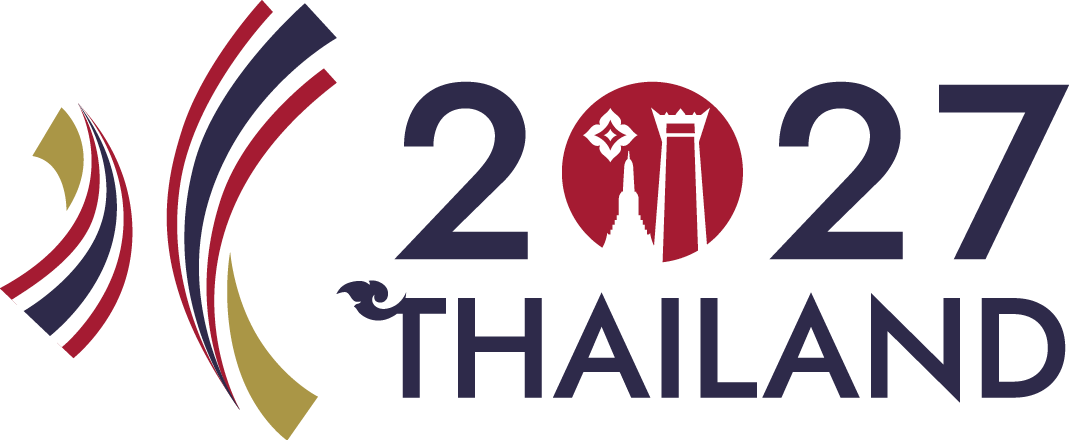This instructional course will explore the essential principles of interface and socket design for partial hand prostheses, focusing on casting techniques, plaster model modification, and socket fabrication. Tailored for clinicians with a foundational knowledge of upper limb prosthetics, the course aims to refine advanced skills specific to partial hand applications.
The course will introduce participants to the six fundamental principles of partial hand socket design: palmar platform, thenar hook, hypothenar hook, metacarpal cap, hypothenar window, and dorsal desert. These principles form the basis for achieving a secure fit, optimized load distribution, and patient comfort. Case-based examples will be used to illustrate how these principles contribute to effective socket designs that maximize functionality.
Participants will gain hands-on experience with casting methods tailored for partial hand prostheses, ensuring precision and personalization. Detailed instructions on plaster model modification will be provided to enhance fit and alignment, followed by a step-by-step guide to socket fabrication, incorporating advanced materials and techniques like additive manufacturing. Attendees will engage in interactive discussions on real-world challenges, reinforcing the practical application of these principles.
By the conclusion of the course, attendees will be able to apply these skills to improve patient care and implement sustainable, innovative solutions.
Statement of the objective / learning objectives
• Understand the six fundamental principles of partial hand prosthesis socket design.
• Apply casting, model modification, and socket fabrication techniques.
• Incorporate sustainable design practices to enhance clinical outcomes.


